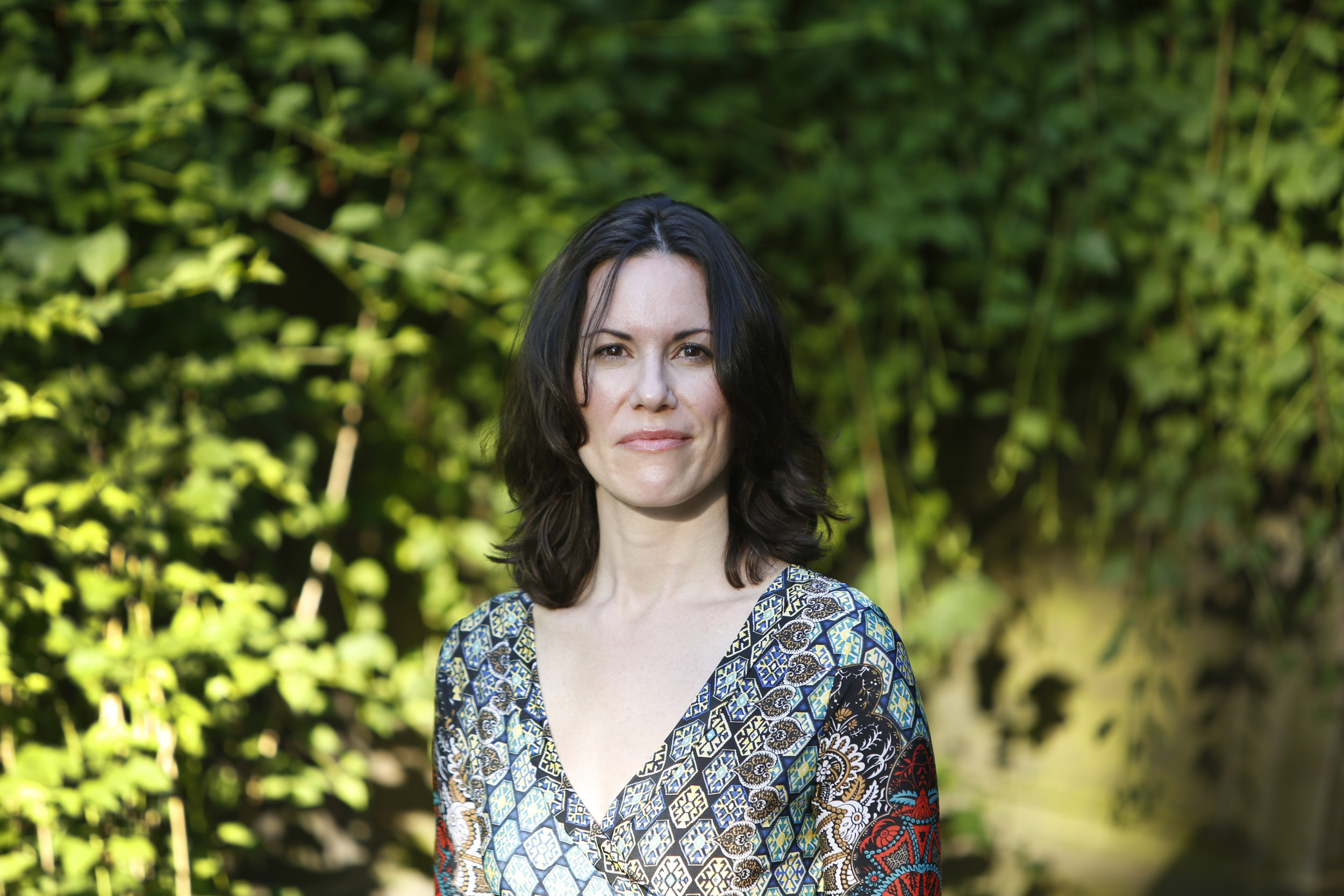Food Psych #186: How to Rebuild Trust in Your Body with Jenna Hollenstein
Non-diet dietitian, certified intuitive eating counselor, and author Jenna Hollenstein returns to discuss her new book, Eat to Love: A Mindful Guide to Transforming Your Relationship with Food, Body, and Life, the role of self-compassion and non-judgment in recovery, how to rebuild trust in your body and inner wisdom, the importance of having enough, and so much more! Plus, Christy answers a listener question about whether or not you need to cut out certain foods for Hashimoto’s thyroiditis.
Jenna Hollenstein, MS, RDN, CDN, is a non-diet dietitian who helps people struggling with chronic dieting, disordered eating, and eating disorders. She uses a combination of Intuitive Eating, mindfulness techniques, and meditation to help her clients move toward greater peace, health, and wellness. Jenna’s private practice is located at 750 Lexington Avenue in New York City where she consults with clients in person and virtually.
Jenna is a Registered Dietitian Nutritionist (RDN) and a Certified Dietitian Nutritionist (CDN) in New York State. She has a Bachelors degree in Nutrition from Penn State, a Masters degree in Nutrition from Tufts University, is a Certified Intuitive Eating Counselor and an Open Heart Project meditation guide. In 2018, Jenna joined the board of The Center for Mindful Eating.
Jenna is the author of Understanding Dietary Supplements, a handy guide to the evaluation and use of vitamins, minerals, herbs, and botanicals for both consumers and clinicians, and more recently the memoir Drinking to Distraction. Her third book, Eat to Love: A Mindful Guide to Transforming your Relationship with Food, Body, and Life, was released in January 2019. Find her online at Eat2Love.com.
This episode is brought to you by Blinkist, where thousands of non-fiction books are condensed into key takeaway information that you can read or listen to in just 15 minutes. Start your FREE 7-day trial by going to blinkist.com/foodpsych.
This episode is also brought to you by NurX, the game-changing company that’s here to make getting birth control easier. Visit nurx.com/foodpsych for a $20 credit, and you can get birth control delivered securely and confidentially to your door in less than a week.
We Discuss:
Jenna’s process in writing her new book, Eat to Love: A Mindful Guide to Transforming your Relationship with Food, Body, and Life
What she’s learned from being a mother of a young child
The role of the “honeymoon phase” in intuitive eating
The “three objects, three poisons, and three seeds of virtue” in Buddhist philosophy, and how they can relate to our relationship with food and body
The benefits of learning to sit with our discomfort
Non-judgmental mindfulness, meditation, self-compassion, and their roles in recovery
The similarities between mindful eating and intuitive eating
The “fix-it” mentality of modern culture, and why it can be problematic
Diet culture and intuitive eating through a spiritual lens
Learning to rebuild trust in our body and inner wisdom
How intuitive eating and Buddhist philosophy overlap
How self-improvement is actually limiting us
Waking up to our inherent goodness
Self-esteem vs. self-compassion
Learning to accept fullness, satisfaction, and having enough
Using our values as our guiding principles
Asking ourselves what we really want
How conformity is sometimes necessary to keep us safe
Why the law of attraction is problematic
Unchecked privilege in health and wellness spaces
How different parts of our culture are responding to uncertainty in nutrition science
Embracing uncertainty and the unknown
Resources Mentioned
Some of the links below are affiliate links. Affiliates or not, we only recommend products and services that align with our values.
Submit your questions for a chance to have them answered on the podcast!
My online course, Intuitive Eating Fundamentals
Help spread the anti-diet message by subscribing to the podcast
Jenna’s previous Food Psych® episode
Eat to Love: A Mindful Guide to Transforming your Relationship with Food, Body, and Life (TW: weight numbers, behaviors)
Kristin Neff’s work (TW: some fatphobic language)
Suzuki Roshi’s work
Food Psych episode #183 with Katherine Zavodni
This episode is brought to you by Blinkist, where thousands of non-fiction books are condensed into key takeaway information that you can read or listen to in just 15 minutes. Start your FREE 7-day trial by going to blinkist.com/foodpsych.
This episode is also brought to you by NurX, the game-changing company that’s here to make getting birth control easier. Visit nurx.com/foodpsych for a $20 credit, and you can get birth control delivered securely and confidentially to your door in less than a week.
Listener Question of the Week
Do I need to cut out certain foods to manage Hashimoto’s thyroiditis? How can a person with a history of disordered eating safely navigate the advice to restrict certain foods? What is Hashimoto’s thyroiditis and how is it diagnosed? What is something to watch out for when working with an alternative or conventional healthcare practitioner? How can meeting with an endocrinologist help with Hashimoto’s thyroiditis? Why are so many sources promoting a “Hashimoto’s diet” despite the lack of evidence? Where do some of the claims for cutting out certain foods come from? What are some ways that a person can manage their Hashimoto’s, with or without medications? What is the “nocebo” effect?
(Resources Mentioned:
Food Psych episode #182 with Cara Harbstreet
Food Psych episode #183 with Katherine Zavodni
Food Psych episode #94 with Alan Levinovitz
Iodine Deficiency and Hypothyroidism from Voluntary Diet Restrictions in the US: Case Reports
Anti-Diet, Health At Every Size, and Intuitive Eating Providers for Disordered-Eating Recovery)

